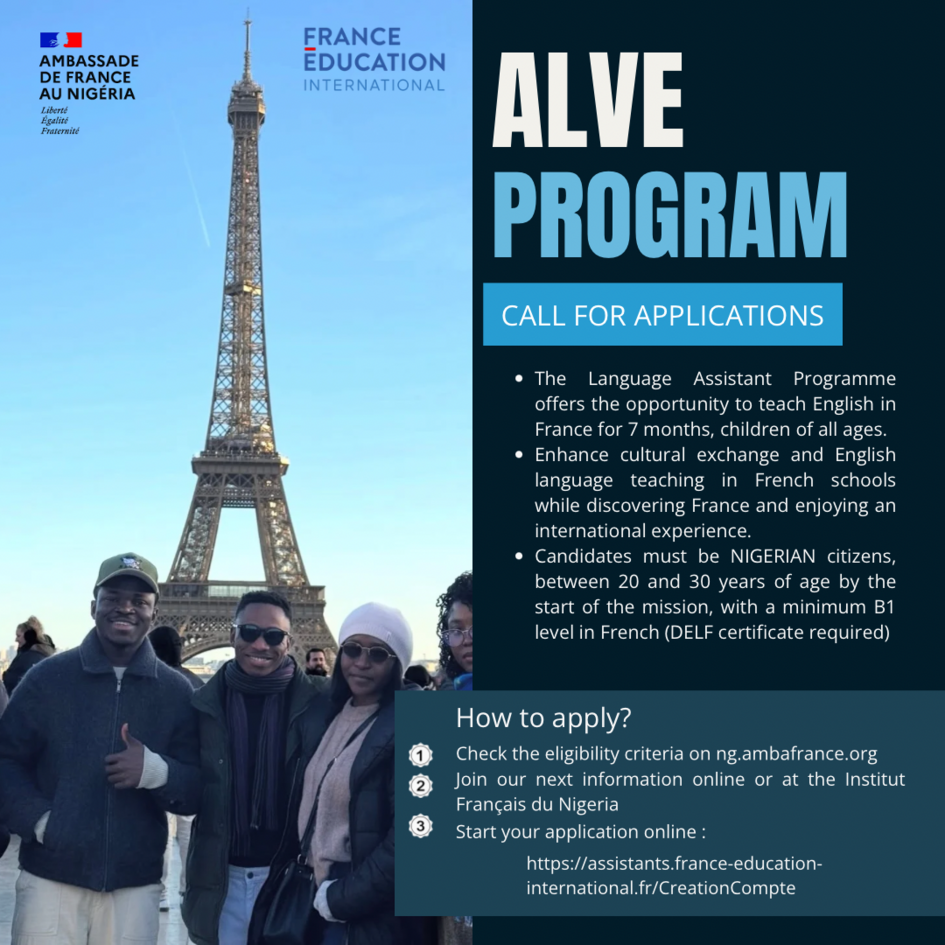
2025 World Health Organization Epidemiology Fellowship Programme in the EMR (Paid)
Deadline: December 3, 2024.
The Epidemiology Fellowship Programme in the EMR (EpiFellows), is designed to build the capacity of young epidemiologists from low- and middle-income countries in the region. Fellows will be assigned to the WHO country offices in their home countries for a six-month period.
The fellowship aims to enhance their skills, knowledge, and understanding of national, regional, and global outbreak management by engaging them in WHO technical programs.
RESPONSIBILITIES
Under the supervision of a technical expert in the respective area, fellows are assigned a project based on agreed terms of references and in line with their skills set. These terms of references typically include some or all of the following responsibilities:
- review literature and conduct literature surveys
- undertake web research and data collection and analysis on specific subject area
- organize and analyze data
- participate in the development of tools and guidance documents
- assist in drafting, formatting and editing policy briefs, tool kits, guides/manuals, hand-outs, brochures and reports
- assist in organizing workshops, meetings, conferences, events
- participate in on-going departmental projects.
REQUIREMENT
A. Education
Postgraduate degree in an area of study relevance to public health, outbreak management and epidemiology.
B. Skills
Core competencies
WHO global Competencies model at http://www.who.int/employment/WHO_competencies_EN.pdf?ua=1
All fellows should be able to demonstrate the following skills in line with the WHO core competencies:
- Producing and delivering quality results
- Teamwork
- Respecting and promoting individual and cultural differences
- Communicating effectively orally and in writing
- Moving forward in a changing environment
In addition, fellows need to be familiar with commonly used computer programmes, such as Word, Excel, PowerPoint. Knowledge of specialized computer programmes, for example, statistical software such as XLStat may be an advantage.
C. Experience
Depending on the area of interest, 2 years of the below experience is required:
- Experience in research and/or in drafting reports
- Experience in the subject area through academic work or research
- Field and/or developing country experience
- Experience with data analysis, statistical packages and interest in the design of graphical display and analysis of health information in an international comparative perspective, such as for health system performance assessment.
- More specific experience such as specialized computer programmes.
- In addition, fellows need to be familiar with commonly used computer programmes, such as Word, Excel, PowerPoint. Knowledge of specialized computer programmes, for example, statistical software such as XLStat may be an advantage
D. Experience
Depending on the area of interest, 2 years of the below experience is required:
- Outbreak management, and/or health emergency management
- Experience in research and/or in drafting reports
- Experience in the subject area through field or academic work
- Experience with data analysis, statistical packages and interest in the design of graphical display and analysis of health information in an international comparative perspective.
E. Languages
- Fluency in English (reading, writing and speaking).
- Knowledge of French or Arabic is an asset
F. OTHERS
- Candidates below 35 years old are eligible for the programme.
- Only applicants from nationals of the following member states of the Eastern Mediterranean Region will be considered: Afghanistan, Djibouti Egypt, Iran, Iraq, Jordan, Libya, Morocco, Somalia, Syria, Tunisia, Yemen.
BENEFITS
Entitlements include monthly fellowship stipend and official travel to duty station.
Find more information on the OFFICIAL LINK



